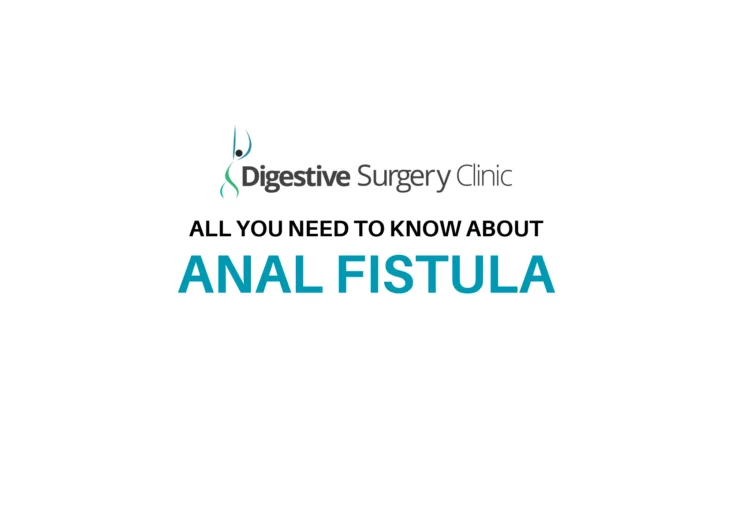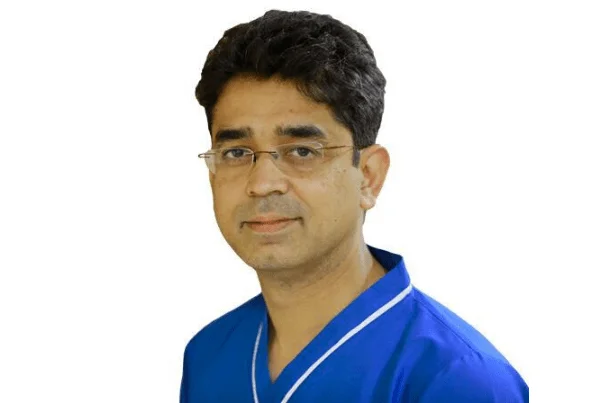HOW TO DECIDE WHETHER ONE NEEDS SURGERY FOR SEVERE OBESITY
Last year two boys Ramesh and Piyush (names changed) aged 19 and 22 attended our obesity clinic in Belle Vue. They were severely obese with body weights of 135 and 130 kgs respectively. They had been trying to lose weight in vain for the last few years. They had heard and read about bariatric surgery through some friends and the Internet. As predictable, they had various physical and psychological disadvantages compared to their friends. Their parents were totally against the idea of their son to undergo surgery for weight loss and they believed (unscientifically of course) that diet, activity and drugs could help them. They were scared of the complications, which we explained were remote but possible. Ramesh managed to convince his parents and underwent surgery last year. Piyush’s parents did not agree for the process. Today, Ramesh is 80 kgs with a lot of self confidence and friends. He takes part in all our support meetings and helps others in making decision for surgery. Piyush continues to make efforts to reduce weight. He did lose about 10 kgs once but regained some part of it. His parents do not wish to take the risk of surgery.
I did not share this story with the readers to prove that those who do not opt for surgery are wrong. Instead, this article is written for the purpose of dispelling myths and unscientific fears amongst patients who are severely obese and are unwilling to undertake bariatric surgery (surgery for severe obesity). This is also for the guardians of the patients who have not allowed the patient to undergo surgery.
Let me first make it very clear. Agreeing for surgery is totally a personal opinion and no surgeon should persuade, leave aside force for surgery beyond a certain point. And this is because no surgeon can claim to produce 100 %results and promise 0% complications. Hence all surgeries (and bariatric surgery is no exception) should be taken seriously and should be a personal choice.
However the issue of decision-makingshould be based on the risk- benefit ratio and not on the basis of their fears, counseling and their expectations. This means if the benefits from a particular solution outweigh the risks involved, it can be taken. So let us see how much is the risk after the bariatric surgery. The incidence of serious problems like leakage and infection is less than 1 %. Most subjects are ready to exchange their poor lifestyle (like eating sweets and drinking colas) for a good weight loss. Now, let us look at the benefits. Weight loss after bariatric surgery is significant and permanent. There is dramatic improvement in how one enjoys life. Not to mention that diseases like diabetes, high blood pressure, snoring, heart diseases, heartburns, joint pains, infertility, etc either improve or disappear altogether. Also to be considered is the risk involved in staying obese. The chance of early death in a severely obese is significant. Talking more about daily problems, many of these subjects have diseases mentioned above. Not only that, an obese individual has a poor quality of life. Just to state an example, many of them are unable to perform a normal sexual act as a direct result of fat in their genital area.
Having this knowledge is important in decision-making. If an obese subject can accept the way he or she is and does not want to take that small risk of surgery, they do not need to undergo surgery. However, if someone does not want to continue leading life the way they do and are willing to accept the small risk of surgery, they can definitely consider bariatric surgery and benefit from the advantages it provides.
YouTube video on Bariatric/Obesity Surgery.



